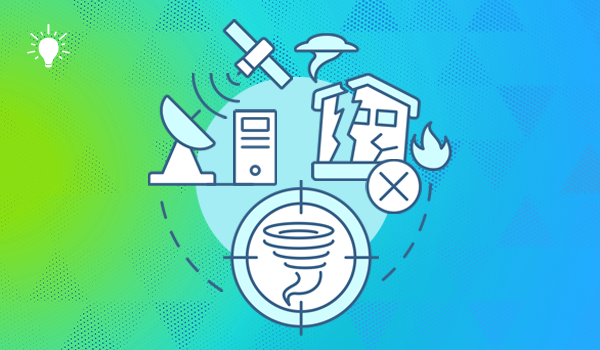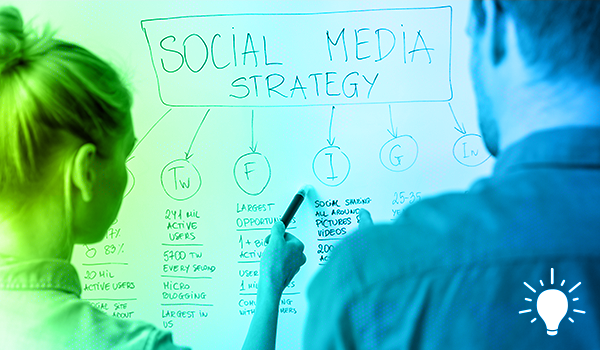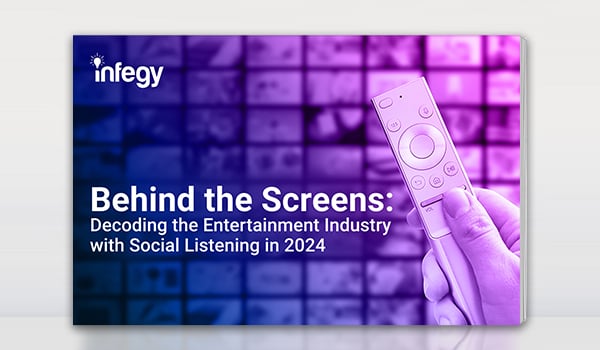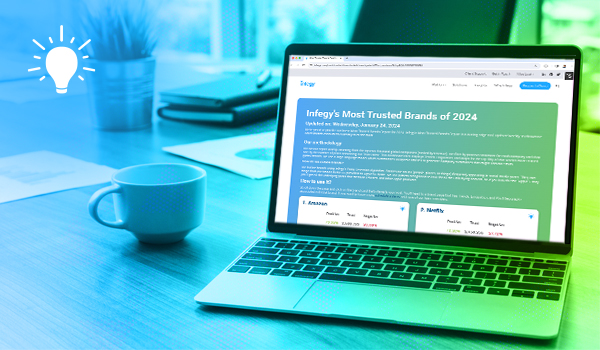Social listening for pharmaceutical and healthcare companies
by Infegy Research Team on April 24, 2024
Competition is fierce in the pharmaceutical and healthcare industry. With dozens of companies competing to catch the attention of both patients and healthcare providers, it can be a challenge to differentiate your brand.
Twister tweets
by Thomas Krisak on April 12, 2024
Using a social listening tool to monitor international natural disaster-related conversation Recent Storms: December 2023 to March 2024 Since December, the world has had several cases of severe weather, including the recent bout of thunderstorms and tornadoes that swept through the Mi …
Using the power of social listening to perform trend analysis
by Infegy Research Team on March 28, 2024
Trend analysis reports utilizing social media listening data provide examples that can highlight the population's changing interests in products and services. This blog reviews three examples of how trend analysis can showcase increases in particular types of social conversations and …
Craft a winning social media strategy + FREE TEMPLATE
by Maggie Alefs on March 14, 2024
If you want to plan out a successful social media campaign but aren't quite sure where to start, don't worry! This blog has you covered. We break down the five steps needed to create a solid social media strategy to help you launch your winning campaign and glean results. Those steps …
Decoding the Entertainment Industry: a free eBook
by Maggie Alefs on March 4, 2024
Our latest eBook reviews many facets of the entertainment industry, including movies, TV shows, sports, and video games. We tap into social and consumer insights from the Infegy product suite to understand trends, audience changes, and the conversations around each section. Take a loo …
Understanding the difference between social listening and social monitoring
by Infegy Research Team on February 20, 2024
Oftentimes, the terms “social listening” and “social monitoring” are used interchangeably, and while both strategies share similarities, there are also some significant differences between the two. The strategy that works best for you depends on your particular goals. In this blog pos …
Building a powerful social intelligence web app
by Henry Chapman on February 15, 2024
When building a customized web application based on social listening intelligence, you have to start with a solid data framework and clear goals in the story that you want to communicate to your prospective audience.
The world’s most trusted brands + free interactive dashboard
by Henry Chapman on February 2, 2024
In the not-too-distant past, brand trust was one of many factors that shaped how consumers choose a brand’s product or service over another company’s. In today’s tough market conditions, however, it can prompt a consumer to postpone or walk away from a purchase. Knowing how trusted yo …
Announcing: Additional sources to the Infegy Social dataset
by Nancy Dexter-Milling on January 24, 2024
Infegy prides itself on building the fastest social listening platform with a foundational diverse dataset. Since our beginning in 2007, social channels have continued to proliferate and we have made sure that our dataset reflects these new channels where consumers are discussing prod …
Using social listening to track campaign performance
by Infegy Research Team on January 19, 2024
Regular readers of our blog are likely familiar with the various ways social listening data can help brands better understand and connect with target audiences. But did you know that social listening insights can also help track campaign performance?








